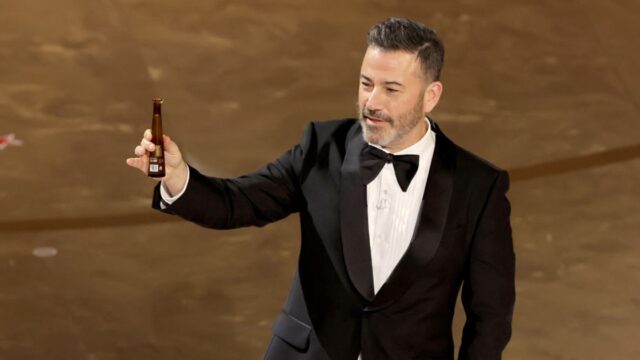With C-suite leaders from iconic brands keynoting sessions, leading workshops and attending networking events, Brandweek is the place to be for marketing innovation and problem-solving. Register to attend September 23–26 in Phoenix, Arizona.
When people ask me why El Tesoro is my favorite tequila, I always respond by sharing a bit of the brand’s lore on how they’re one of the last remaining distilleries to employ the traditional method of using a volcanic tahona stone wheel to crush their agave piñas, which unlocks the true flavors of their blue Weber agave plants.
I don’t truly understand any of that, but it’s a great intellectual alibi to rationalize my decision with people who ask why I choose it over other tequilas. It not only makes for good bar talk, it makes me sound a lot more like a tequila aficionado than “I chose it because the bottle looks cool.” And yes, the bottle is quite eye-catching — in fact, the cork has a replica of the tahona stone on it.
The bottle is literally topped with the brand’s intellectual alibi. It cues that the drinker is sipping a tequila as it’s meant to be, the traditional way, the right way.
An excuse for emotional decisions
Intellectual alibis are used by brands to help consumers rationalize a decision that is driven by emotion, helping consumers present it instead as a carefully thought-out and logical choice.
Research indicates that key drivers of brand preference, like impulse, initial attraction and final choice, are swayed much more by emotional factors than by rational ones. But those decisions are made all the easier when they can be backed up with a good reason. El Tesoro and other great brands understand this helps tell a better brand story.
Few categories are more rational than batteries, yet the No. 1 battery company in the world is Energizer, whose marketing in the U.S. is dominated by a cheeky, sunglass- and flip-flop-wearing pink rabbit. Though a brand mascot, the Energizer Bunny is part of our cultural consciousness; tune into an NFL game and you might hear an announcer compare a player to him. The Bunny is so beloved that he even has a paw on the Madison Avenue Walk of Fame.
The Bunny drives brand choice, and the vast majority of the brand’s advertising celebrates that the Bunny is still going, but the intellectual alibi — representing “the world’s longest-lasting battery” — provides a simple rationalization as to how he is still going, which strengthens the entire brand story.


